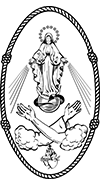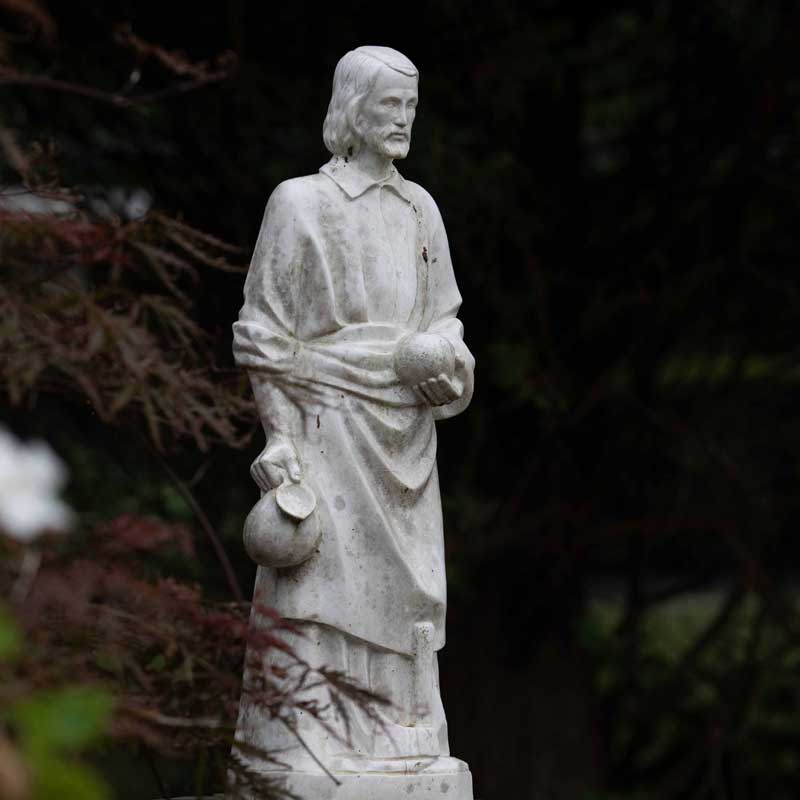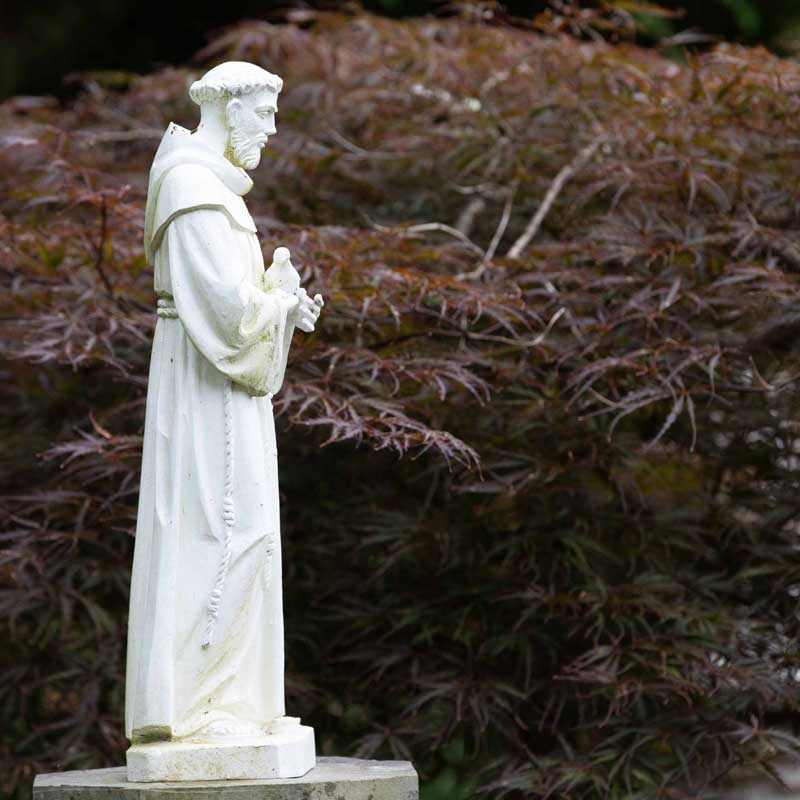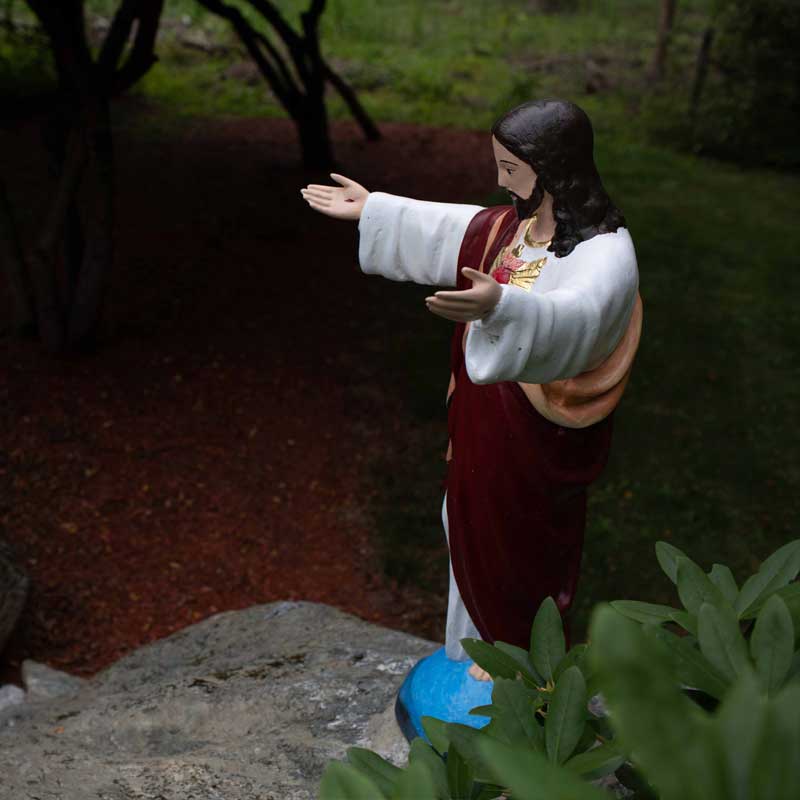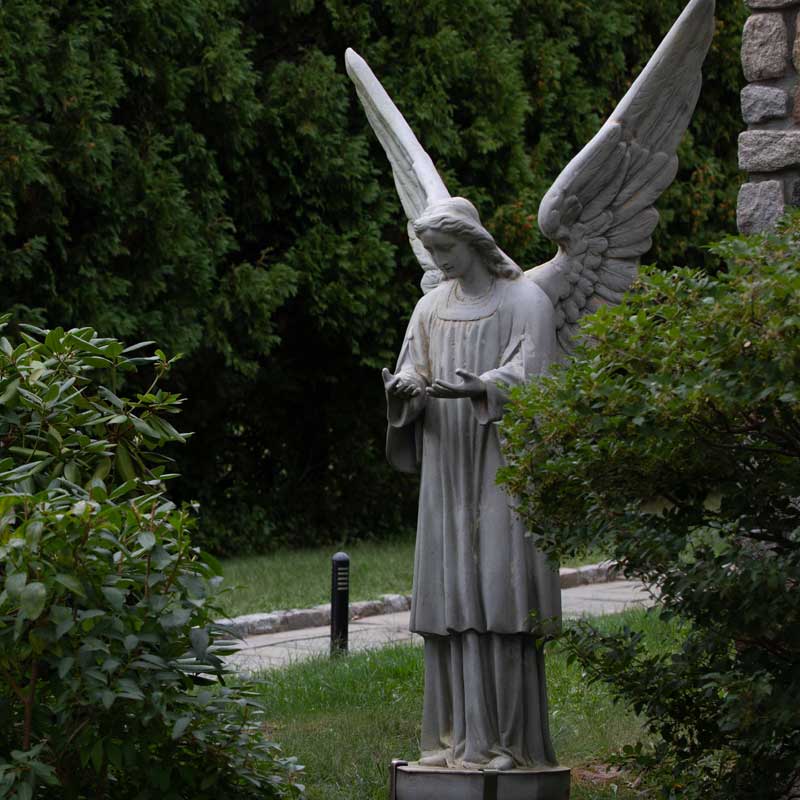About us
Franciscan Friars of the Immaculate
Our History
The Franciscan Friars of the Immaculate are the result of a Conventual Franciscan reform begun at Frigento, Italy, in 1970 by Fr. Stefano Manelli and Fr. Gabriele Pellettieri. This reform was referred to as Casa Mariana, that is “A Marian Home,” for it was to be nothing other than a return to the ideals and life of St. Maximilian Mary Kolbe at Niepokalanow (his friary known as the “City of the Immaculate”). There St. Maximilian began the renewal of the Franciscan Order by returning to the Marian spirit of St. Francis.

Beginnings in the USA
The history of the foundation of the North American mission of the Franciscans of the Immaculate began in December 1990 when the friars arrived and took residence in a small room in the Holy Apostle Seminary in Cromwell, CT. In the beginning of 1991, the friars transferred to a small house near the seminary for a monthly rent paid by benefactors. There the first vocations came who were attracted to the Franciscan-Marian life and in 1992, in order to accommodate more space for vocations, they moved into a larger house in Baltic, CT, which was given for use to the friars by the Sisters of Charity of Our Lady, Mother of the Church.
Following a donation of a piece of land on the part of a Catholic benefactress, Eileen Brown, and having received permission from the bishop, in the autumn of 1998, the friars began the construction of a novitiate and the Mother House of the North American mission. The work was finished in August 2000. Hence, the friars from Baltic moved to the new friary on August 19, 2000. Bishop Hart of Norwich blessed the new community in the presence of the Father Founders, Fr. Stefano M. Manelli and Fr. Gabriel M. Pellettieri. The same bishop consecrated the chapel constructed in English Franciscan Gothic style on August 25, 2001.
“Our aim, our ideal, is to draw everybody close to Mary Immaculate, to become more like her, to let her rule our hearts and our whole being, to let her live and operate in us and by means of us, to let her love God with our hearts so that we belong to her entirely, without holding back. This is our ideal and aim.”
St. Maximilian Mary Kolbe
Vocational Info
“Behold, our precious ideal: The Immaculate.”
– St. Maximilian Mary Kolbe
What characterizes the life of a Franciscan Friar of the Immaculate is as follows:
The Life of Prayer
Common prayer in a Marian House is especially necessary if the life of the community is to be well observed according to the norm. Holy Mass, the Divine Office and the Holy Rosary are said in common every day. Silence and recollection are safeguarded by cloister and the exclusion of all that may introduce the noise and distraction of the world.
The Life of Poverty:
Poverty of spirit should be evident even in externals and is to be lived in economic insecurity, without any fixed income nor what is merely luxury or convenience. Such poverty is animated by unlimited confidence in Divine Providence and the maternal assistance of Our Lady.
The Life of Penance
Penance, in addition to the interior, has an exterior aspect, tangible and strong like that of the Seraphic Father and of his first sons: the penance of common life, the penance of duty carried out to perfection, the penance of fasting, of the discipline, of wearing the habit always, of sandals on bare feet, of short hair, of no vacation nor other comforts.
The Life of the Apostolate
The work of the apostolate is without limit of field nor exclusion of means, after the example of St. Maximilian who knew how to make use of every means great or small (social media, publications, radio, television, art, study, Miraculous Medal) to promote the Kingdom of God everywhere.
The Marian Life
The Marian character of our life is the singular feature of this community. It underlies our observance of the Rule and Vows. The Marian heritage of the Franciscan Order is the spiritual heritage of St. Maximilian Mary Kolbe, and the reason for the primary vow of unlimited consecration to the Immaculate taken by every Franciscan of the Immaculate. By this vow each Franciscan of the Immaculate makes himself the possession and property of the Immaculate, Her docile instrument to be used by Her in life and in death, as She did with the confessor and martyr St. Maximilian, for the conversion and sanctification of souls.
